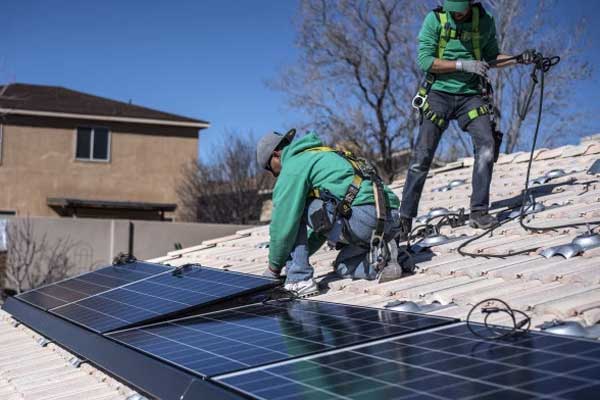California — Yotta Energy announced that it has selected Flex as its manufacturing partner for the production of its PV-Coupled™ energy storage system. Yotta says the partnership will allow it to rapidly scale its technology for commercial and industrial markets.
“Following our funding announcement at the end of last year, we knew one of the first steps towards capturing the commercial rooftop solar-plus-storage market in the United States was to commercialize our PV-Coupled energy storage solution,” said Yotta Energy CEO, Omeed Badkoobeh. “A crucial part of this is working with a manufacturing partner, such as Flex, to help us rapidly scale to meet the demands of our growing customer base.”
“We are proud to support Yotta in meeting the demand for its PV-coupled energy storage solution,” said Jeffrey Kelley, Vice President, at Flex. “Energy storage is key to helping companies address growing demand charges and helping municipalities and utilities meet their net-zero carbon emissions goals. We are thrilled to help Yotta dramatically decrease their time to market.”
Yotta Energy says it has created the first panel-level energy storage solution that fits perfectly behind any industry-standard solar module, neatly integrating into solar PV racking in place of concrete ballast. Its format follows the success of module-level power electronics (MLPE) which has become the dominant technology offering in the industry.
Wood Mackenzie’s latest energy storage installation data for Q4 of 2020 showed that, despite the global pandemic, more energy storage was installed in the last quarter than in 2013 through 2019 combined, highlighting the surge in demand. The upward trend for energy storage installations is expected to continue as more people across the United States experience power outages and look for ways to increase grid resiliency and reliability.















Comments